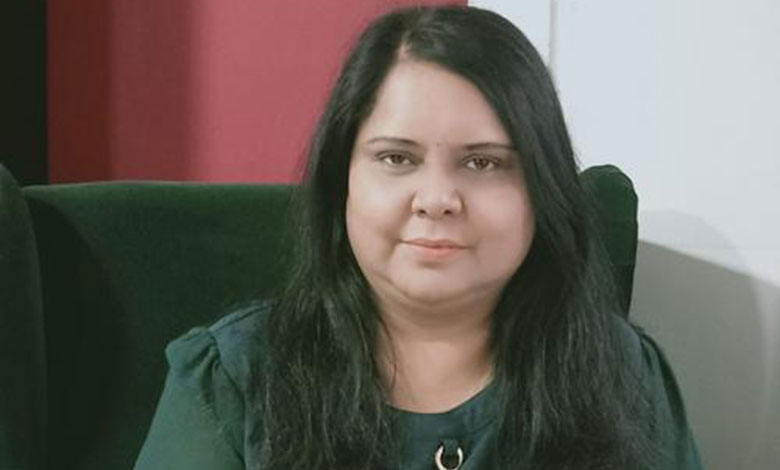
Dear Ms. Singh, please introduce yourself to our readers
I am an education enthusiast who loves teaching & learning; for more than 20 years. I was a freelance IT Trainer before I joined Global Indian International School, Singapore (Primary Cohort) as a Digital Learning Lead. Technology has made it possible for everyone to stay connected & this is why, here I am at European Digital Week International Conference sharing my experiences!
In your opinion, which are the main trends that shape the education sector nowadays?
I believe that having a mindset for change, looking forward for growth, adopting universal design for learning, more personalized learning, blended & project-based learning are some of the learning styles that needs to be taken into account when we talk about trends that can shape the education sector. In coming years and as a matter of fact, currently, we see a couple of growing trends, namely – SMART learning, the reliance of artificial intelligence, learning with gamification, big data, immersive learning with augmented Reality, virtual reality & blockchain technology. As technology has seeped into education, these growing trends can help customize various courses as per each learner’s need.
How would you define the biggest current challenge for the education sector?
The impact that the Covid-19 pandemic has had on the education sector would be the biggest challenge. The key as educators is to minimize its negative impact. We all need to work on a path that can bring faster improvement in learning & schooling. New technology has brought a revolution indeed, but if teachers are not able to bring it to the classroom & are not comfortable with using devices, it would fail to be effective and efficient. Another challenge would be for students who are unable to procure devices thereby affecting their learning. However, the biggest challenge that I can foresee is the youth getting increasingly attached to devices & becoming overly dependent on them. Digital health takes precedence especially in today’s pandemic era and thus, that should be us educators’ priority.
Can you give us examples of digital innovations, successfully implemented in education?
There is no doubt that technology in education is preceding & it is making learning more interactive, fun & collaborative. Digital innovations that have definitely taken over are e-learning, digital textbooks, virtual classes, artificial intelligence, cloud computing, various collaboration platforms & apps. Social media is also playing a big role in Educational Institutions. Virtual Reality & Augmented Reality is gaining more popularity & learning through gamification has made lessons very interesting. While teaching important concepts it shows students that learning is fun.
How do you think will learning methods change in the next few years?
As I shared my insights on this matter in my presentation ‘Paradigm Shift in Education – Present & Future’ we will see more student centric learning & teachers as a facilitator. Flexibility in the mode of learning will be the key. We all need to go beyond the traditional definition of a classroom, re-think learning & focus on people driven & inquiry-based learning. Competency-based education can break in the traditional method of teaching & learning, communication mechanism & more sophisticated programs would take a lead. Advancement in technology will make learning materials in the palm of learner’s hand & emphasis will be more on curiosity, imagination, design thinking & enquiry-based approaches.



